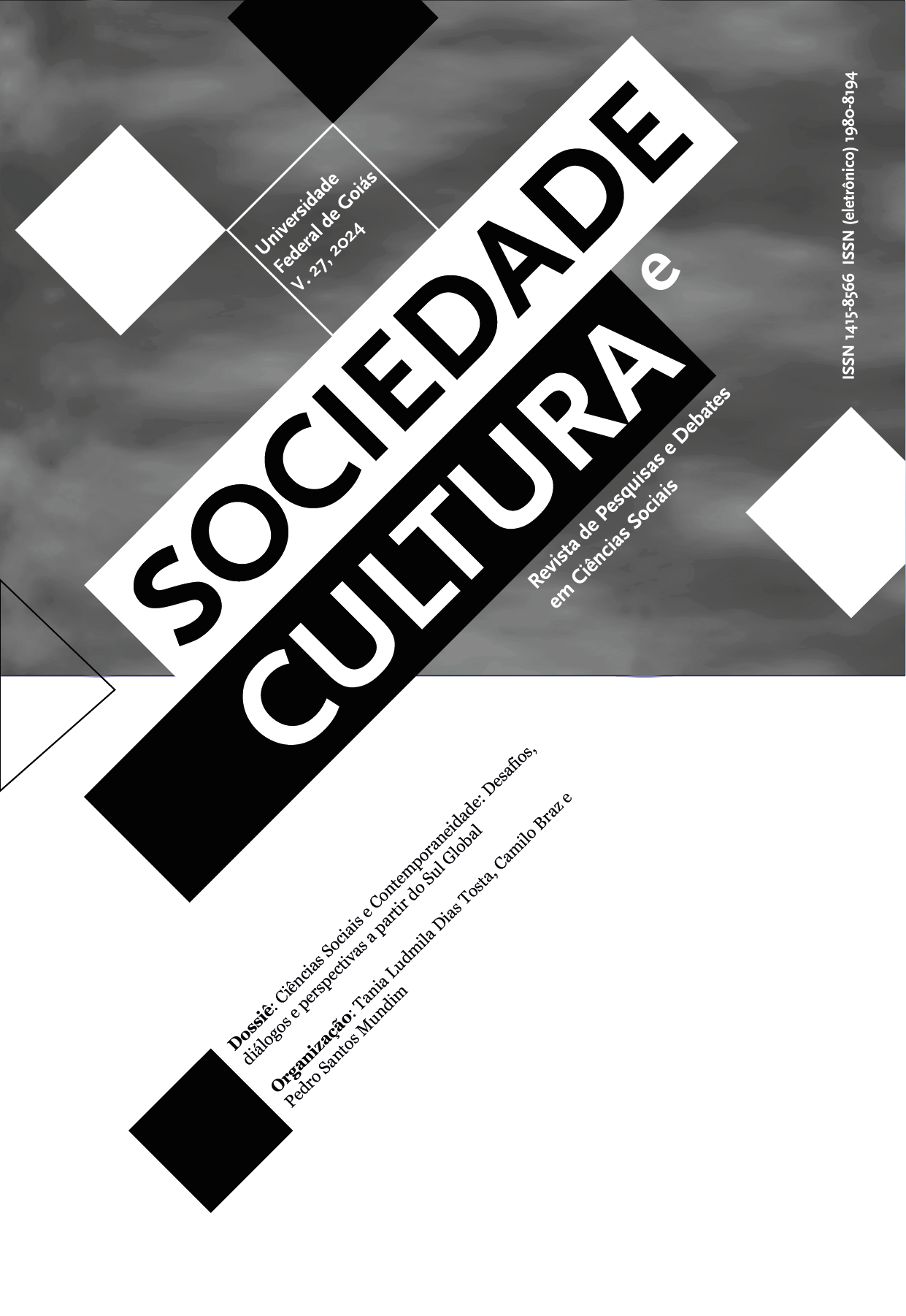María Lugones and Rita Segato: Between the Colonial/ Modern Gender System and High Intensity Patriarchy
DOI:
https://doi.org/10.5216/sec.v27.78425Abstract
The Modernity/Coloniality group, founded at the end of the 1990s, is one of the great exponents of critical thinking in Latin America. Names such as Aníbal Quijano, Santiago Castro-Gómez, Walter Mignolo
and María Lugones, demonstrate the strength and reach of Latin American
critical thinking through decolonial theory, which, contrary to what many think, was not constituted from homogeneous thinking. There are significant disagreements between one theorist and another and, perhaps, one of the most interesting debates focuses on the writings of María
Lugones and Rita Laura Segato, who start from the concept of Coloniality of Power to construct a decolonial feminist theory, however, find results opposites regarding the origin of patriarchy and the presence of gender nomenclature in pre-intrusion America. Keeping in mind the significant
differences between the authors in their theoretical conceptions, this article aims to present to readers the significant differences between the two authors based on a qualitative reflexivist methodology, answering the question: what are the differences and convergences between María Lugones decolonial feminism and Rita Segato decolonial feminism? A
bibliographical analysis dedicated to some of the authors' works was carried out without the intention of determining which are the most important, or even exhausting the debate.
Downloads
Downloads
Published
How to Cite
Issue
Section
License
Copyright (c) 2024 Sociedade e Cultura

This work is licensed under a Creative Commons Attribution 4.0 International License.
Authors who publish in this journal agree to the following terms:
- Authors retain the copyright and grant the journal the right of first publication, the work being simultaneously licensed under the Creative Commons Attribution License, which allows the sharing of the work with acknowledgment of authorship and of the initial publication in this journal;
- Authors are authorized to enter into additional contracts separately, for non-exclusive distribution of the version of the work published in this journal (eg, publishing in an institutional repository or as a book chapter), with acknowledgment of authorship and of the initial publication in this journal;
- Authors are allowed and encouraged to post and distribute their work online (eg, in institutional repositories or on their personal page) at any point before or during the editorial process, as this can bring productive change as well as increases the impact and the citation of the published work (see O Efeito do Acesso Livre).



